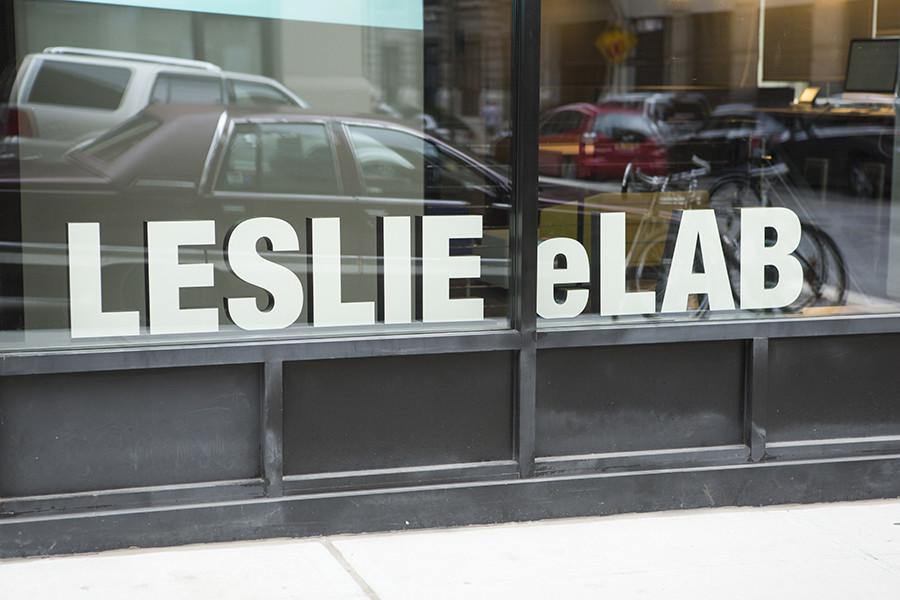Students and faculty leaders from universities in Alabama, New Jersey and New York discussed how to better address food insecurity on their campuses via Skype on Wednesday.
Steinhardt graduate student Jonathan Chin got the idea to begin the Skype calls, which he calls a Virtual Hunger Dialogue series, after taking part in and witnessing the progress made through the similarly structured annual Hunger Dialogue series hosted by the University of Maine. Chin realized it would be impractical and costly to regularly meet with other university leaders in-person — so, he decided to host the meetings via Skype.
Chin, the founder of the Share Meals App which allows students to share meal swipes with others, has consistently sought ways technology can help combat campus food insecurity. Chin said he sees the dialogue as a way to help those who have been tackling the problem for years and also those who have just joined the initiative.
“For the ones who have long-standing initiatives, it’s a way for us to be inspired by each other,” Chin said. “For the new and upcoming universities, they have been able to get a lot of guidance and help from everyone else in the group.”
Students from the University of Alabama, a faculty member from Montclair State University and Gallatin junior and Senator at-Large for students experiencing food insecurity Jakiyah Bradley dialed in the fifth edition of the Virtual Hunger Dialogues. University of Alabama sophomore Caitlyn McTier, who has made efforts to raise awareness about food insecurity through heading campaigns and events, mentioned the Alabama College Food Security Coalition. This group is made up of students from Alabama universities who come together to share resources and knowledge in order to fight food insecurity.
“Not only do we meet as a state to help each other out and provide support, [but] each university is supposed to have its own task force and initiative,” McTier said.
McTier said the coalition allows schools to share their strengths with each other, mentioning that Auburn University excels at conducting research and creating easily copied programs while the University of Alabama at Birmingham is the model for a well-developed food pantry.
Chin said that New School sophomore Katie Tzivanis has brought up the idea of creating a similar coalition for New York City colleges, such as NYU, Columbia University, Pratt Institute, the New School and the City University of New York.
Montclair State University Professor Lauren Dinour, who teaches an applied community nutrition course and is the faculty advisor for MSU’s Food Recovery Network, said she was struggling to push initiatives forward without administrative support, and looked to the university’s student government for help.
“The challenges that we have here in trying to expand how we are addressing food insecurity on our campus is that we don’t have someone in the administration who is taking on the issue holistically,” Dinour said. “I will be talking to some of the student government members to take this on as a student issue because I think that is what’s going to move the needle.”
McTier and Chin echoed the importance of involving student government. Chin said that the administration was not initially as receptive to student initiatives until he received support from Bradley and Student Government Assembly Chair Hüsniye Çöğür. According to Chin, the university has since provided an immense amount of support for programs like the Facebook group dedicated to notify students of leftover free food, Free Food Events at NYU and the Courtesy Meals Program, which grants 75 Dining Dollars to students without money for food.
Dinour and McTier both mentioned efforts to conduct surveys at their respective universities in order to gather data on food insecurity. At NYU, neither the current Food Insecurity Workgroup nor the one founded in 2016 — which created the CMP — have conducted surveys. However, the most recent Being@NYU survey, meant to annually measure campus climate, included two questions on the topic.
“For now, to the best of my knowledge, I don’t know if anyone is doing a wide-scale survey on food insecurity,” Chin said. “I would love it and I would assist and I would push for it.”
Chin also mentioned that he would push for food insecurity resources at NYU to be presented to all Resident Assistants at their training sessions and a food sampling event. At the food sampling event, students would learn how to cook food, sample it and then have the opportunity to bring some home. Bradley has also continued efforts to address food insecurity on campus and has started a newsletter detailing resources and events related to the topic.
Dinour said that it is student efforts such as these that are most effective in addressing the problem, and thanked the students attending the Hunger Dialogue for serving as a model on how to do so.
“I don’t think anyone who’s faculty or staff is going to make a dent in this,” Dinour said. “I think it all does have to come from the students demanding that universities are acknowledging that food insecurity exists on our campus and that they are doing something actively to address it.”
Email Victor Porcelli at [email protected].


























































































































































